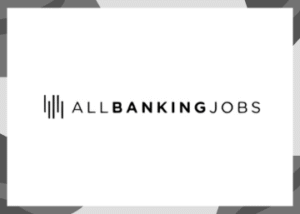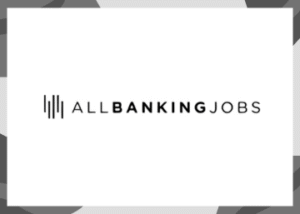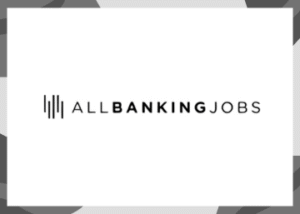BayFirst Financial Anticipates Regulatory Actions Following SBA Loan Program Closure
BayFirst Financial, a community bank based in St. Petersburg, Florida, expects to face regulatory repercussions following the closure of their Bolt loan program. The community bank had offered Small Business Administration (SBA) loans of up to $150,000 through this program, but the surge in charge-offs led to its termination in August. The bank anticipates that the Office of the Comptroller of the Currency (OCC) will take certain actions in relation to its credit administration, strategic planning, and capital preservation.
Discontinuation of SBA Lending
The bank announced the termination of its Bolt loan program in August, following a significant increase in charge-offs. The program provided SBA-guaranteed loans of up to $150,000. In a further step, BayFirst revealed in September that it was selling $103 million of SBA loan balances to Banesco USA, and was completely exiting the federal agency’s flagship 7(a) program.
According to BayFirst CEO Thomas Zernick, the bank is likely to enter an agreement with the OCC regarding unspecified actions during the fourth quarter of this year. Zernick highlighted the bank’s commitment to meeting high operational standards and addressing regulatory obligations. He stated, “Management has already taken significant steps to address credit quality issues, and we are dedicating substantial resources to strengthen our credit administration.”
Financial Performance and Future Plans
BayFirst Financial, which holds $1.35 billion of assets, reported its third consecutive quarterly loss in October. The bank attributes this $18.9 million loss between July and September to higher provision expenses and one-time charges totaling $12.4 million, linked to the bank’s decision to exit SBA lending and sell most of its existing SBA portfolio.
Zernick, however, remains optimistic about the company’s future. He said, “Though profitability has not met expectations, we are building a stronger, more resilient organization. Once restructuring is complete, we expect to return to profitability.” The bank aims to achieve a return on assets of 40-70 basis points next year, while also improving credit quality by resolving nonperforming loans.
Regulatory Changes to SBA Lending
The SBA announced in March that it was eliminating fee waivers and discounts on loans of up to $1 million, reversing policies implemented during the Biden administration to promote more small-dollar SBA lending. SBA administrator Kelly Loeffler cited the need to safeguard taxpayer-backed capital and small business formation as the reasons for this policy reversal.
BayFirst Financial’s Credit Quality
BayFirst Financial’s nonperforming assets comprised 1.97% of its total assets at the end of the third quarter, up from 1.79% three months ago and 1.38% on Sept. 30, 2024. The bank’s COO, Robin Oliver, stated that the management team has been tightening credit underwriting across its loan portfolio throughout the year, with the goal of reducing nonperforming and classified credits in 2026 and aligning these balances closer to those of peer institutions.
The executives of BayFirst have indicated that they are shifting their focus towards a community banking model, and are considering “strategic alternatives” without providing further details. The bank’s leadership remains committed to meeting regulatory requirements and maintaining operational standards, while also working towards improved credit quality and financial performance.
For more information, click Here






